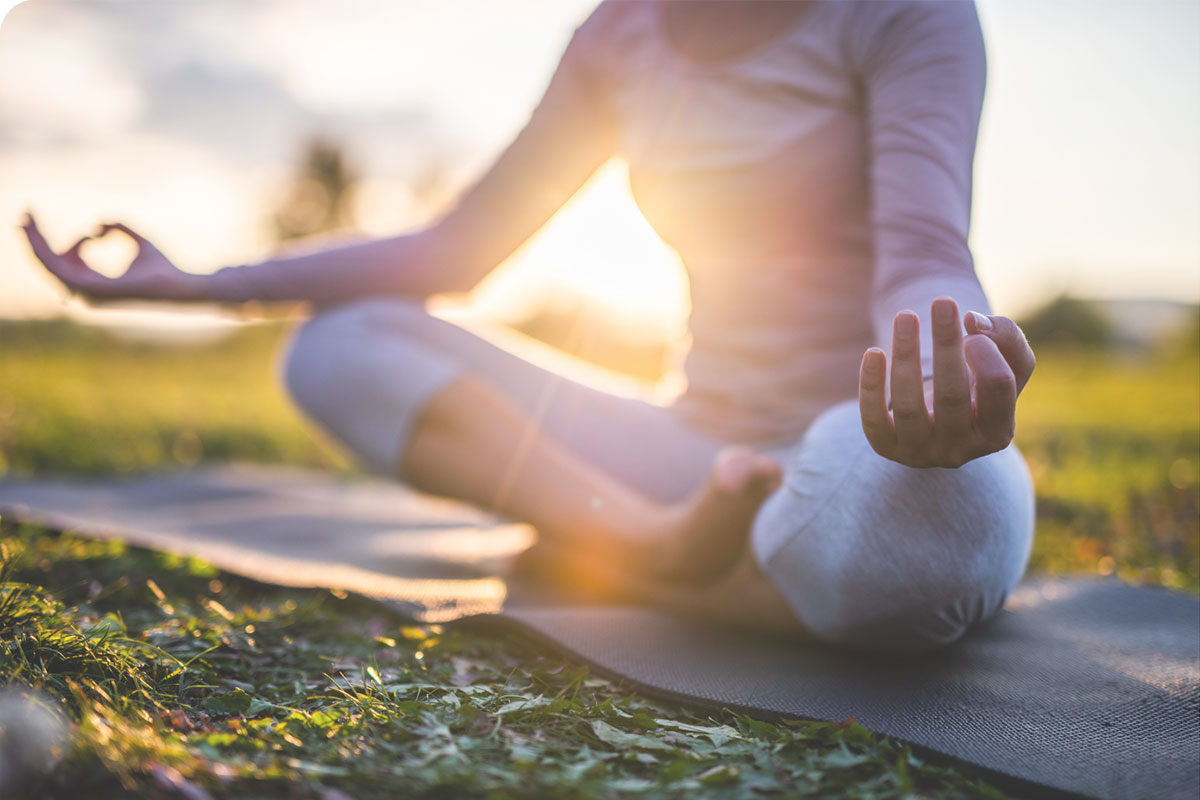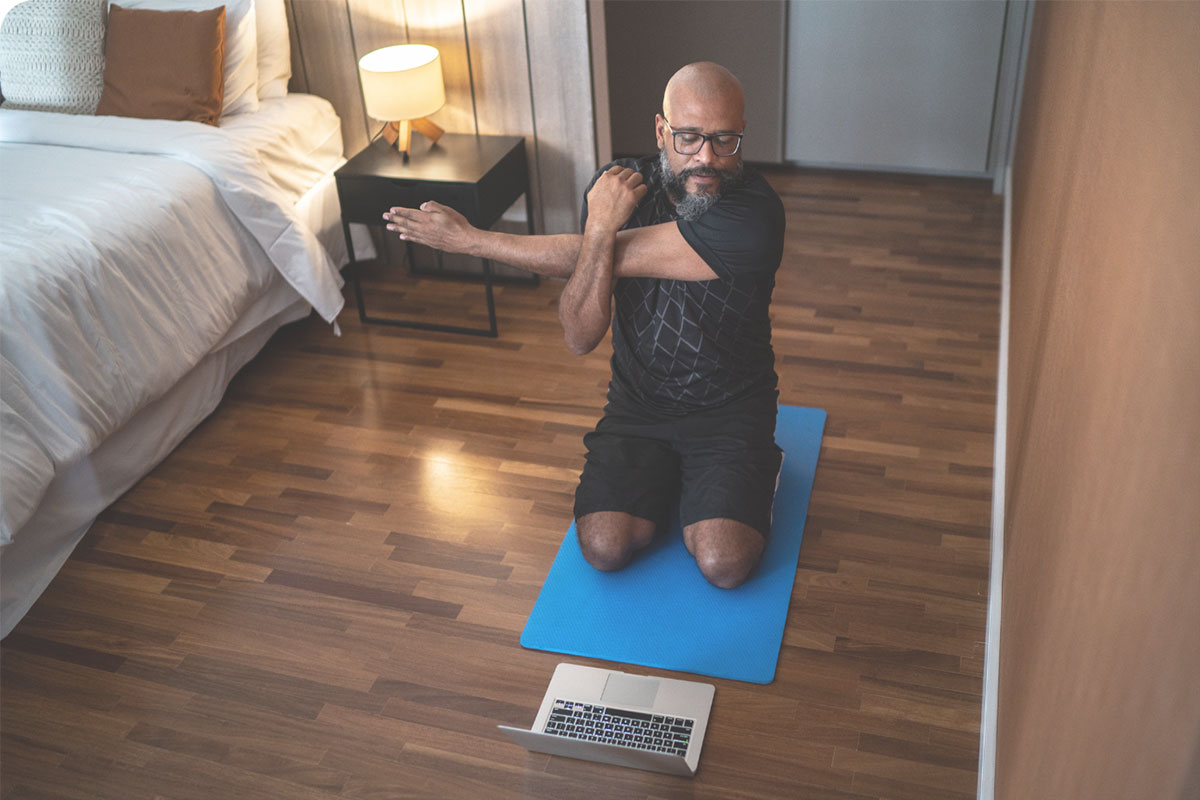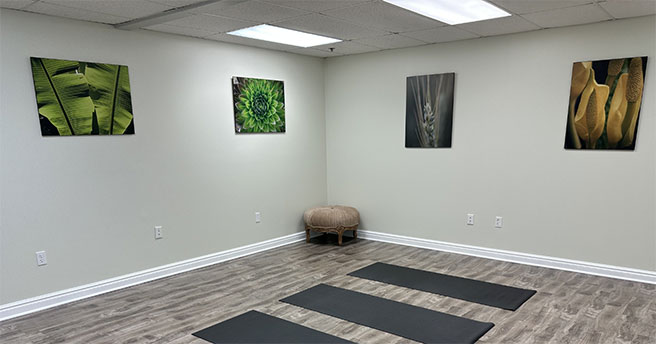The path to substance use recovery is a long one, and the journey will continue over a lifetime. Though some people may think that they have mastered it, in reality, recovery is an ongoing journey of twists, turns, and sometimes setbacks. This is a natural, albeit frustrating, part of the road back to health.
People with substance use disorders (SUDs) often use a variety of tools and methods to strengthen their resolve to remain in recovery. These tools can help to make difficult days a bit easier to manage and may even help a person with SUD avoid relapse. For many people, remaining in recovery requires a wide set of tools honed over years of practice and assistance.
When it comes to coping strategies for addiction, mindfulness and grounding exercises can be helpful for a wide range of people. In fact, these healthy coping skills have been scientifically studied and show promise in helping with the recovery process.
Unhealthy Coping Methods
In order to replace old habits with new ones, it is important to identify and address all unhealthy coping mechanisms in one’s life. Though this may be uncomfortable, it is necessary to be able to fully change one’s life and relationship with substances.
Examples of unhealthy coping skills include:
- Substance use
- Overspending
- Self-harm
- Sleeping too much
- Avoiding the issue
Many people with substance use disorder use more than one unhealthy coping mechanism. It is important to identify and remedy all unhealthy habits in order to fully heal the individual. Remember, health is holistic, and your care team should always address you as a whole rather than simply addressing your condition.
What Makes Certain Coping Methods Unhealthy?
A coping mechanism is considered unhealthy when it physically, emotionally, mentally, or financially harms yourself or others. This may be in obvious ways, such as gambling so much that there is no money for rent or food. However, the inherent damage caused by an unhealthy coping mechanism may also be more subtle. Fighting with your spouse after consuming alcohol, for example, is a way that your substance use coping may be harming you and those you love.
A healthy coping skill is something that supports your well-being and does not cause any direct harm to yourself or others.

Healthy Coping Skills for Addiction Recovery
For people facing substance abuse disorder, healthy coping skills are key. In many situations, individuals turn to drugs and alcohol because they are unable to address an emotion or issue that has arisen in their lives. When the person begins the recovery process, they not only have to detox from the substance that they were using, but they must also develop healthy coping skills to replace substance use in stressful or uncomfortable situations.
There are many types of coping skills that people with substance use disorders may benefit from. Recovery programs and rehabilitation facilities help to introduce and train their clients in these methods. Common healthy coping skills include:
- Meditation, mindfulness, or grounding exercises
- Talking to a friend, family member, or trusted professional
- Journaling or writing down one’s feelings
- Drawing, painting, or engaging in an artistic endeavor
- Establishing and maintaining personal boundaries
- Exercising
These are just a few examples of healthy coping skills that can replace old habits related to alcohol and drug use. Those who have substance use disorders can turn to these activities when they feel triggered.
Benefits of Healthy Coping Skills
Not only do healthy coping skills replace unhealthy ones, but there are also inherent benefits to using healthy coping mechanisms. These benefits can further bolster the progress that the recovery process has facilitated.
Increased Confidence
Unfortunately, many people with substance use disorder feel shame or guilt surrounding their situation. Replacing even one destructive habit with a healthy coping mechanism can act as evidence of growth and control over one’s impulses. This helps to boost confidence and make individuals feel better about themselves and their progress.
Resilience
Practicing healthy coping habits can help to build resilience in an individual by setting up a new process for dealing with stressful emotions. The more we practice these healthy responses, the more effective and automatic they become. Eventually, many people find that their healthy habits are automatic, and their resilience is much higher than it used to be.
Health and Wellness
Health in one area of your life can facilitate growth and health in other areas. Replacing gambling with exercise, for example, is a healthy coping mechanism that has the added benefit of supporting your physical body.
 What is Mindfulness?
What is Mindfulness?
Grounding and mindfulness practices have become widely popular in the last several years but are still new to many people. Fortunately, there are many ways to approach mindfulness, which makes it easy to begin implementing the practice in your daily life.
Mindfulness is a set of practices that help the individual or group to focus on their breath in the present moment. This can be done in a variety of ways and through many different exercises, so it is important to find one that works for you. However, the practice should help you to remove your focus from any mental anxiety or stress and allow you to focus only on your breath and body.
Mindfulness is often a part of other exercises, such as yoga and meditation. Though these practices have structured objectives, they encourage participants to quiet their minds and focus on what is in front of them. This has been shown to hugely impact stress, anxiety, and other mental health problems.
 Is Mindfulness Different From Grounding?
Is Mindfulness Different From Grounding?
Grounding and mindfulness are closely related, and the terms are frequently used interchangeably. However, they are not necessarily the same thing. If you are a person with substance use disorder, you can benefit from both grounding and mindfulness practices.
As mentioned, mindfulness focuses on the breath in order to bring the individual back to the present moment rather than remaining distracted by their thoughts. Grounding involves focusing on the physical world, rather than one’s breath, to bring awareness into the present moment. To do so, an individual may focus on the feeling of their feet on the ground, put their hand on a tree or rock, or wade into a safe body of water.
Grounding and mindfulness can and should be used in tandem to achieve increased presence and calm. Depending on the circumstances, one might be more easily accessible than the other at any given time, and each can be used separately when needed.
Mental Exercises for Addiction Recovery
Focusing on the physical world does not have to involve communing with nature in some way. In fact, there are many ways to ground yourself without even going outside.
5-4-3-2-1
No matter what environment you are in, you can use the 5-4-3-2-1 technique to ground yourself. This process involves creating a description of your surroundings using as much detail as possible. In doing so, you force your brain to stop thinking and focus on the task at hand.
To use this technique, simply name five things that you can see, four that you can feel, three that you can hear, two that you can smell, and one that you can taste. Though this sounds simple, and it is certainly easy to remember, it can be difficult to meet all of these requirements. The process of distinguishing sounds, smells, and feelings forces your brain to focus on the present.
Get Cold
The body naturally reacts strongly to cold sensations. In fact, fully submerging in cold water can shock the system and eliminate extraneous thoughts and stressors from the brain. As the body focuses on the situation at hand, the brain does not use any excess energy to think about nonessential issues.
Taking a cold shower can be extremely helpful in grounding your mind. If you cannot take a full shower, splashing cold water on your face or holding an ice cube can have a similar effect. If you do use ice or frozen materials, be careful not to freeze your skin or otherwise hurt yourself.
Laugh
The physical activity of laughing shakes the body from its current state. This movement can help the muscles in the body and face to ease and release tension. When you find something funny, it affects your brain as well, helping to clear mental blocks and excess stress.
To make yourself laugh, watch funny videos, tell jokes, or reminisce about something that happened to you that was hilarious.
Visualize
Stress, anxiety, and other triggers can appear at inopportune moments. When you do not have the ability to use your normal resources, try visualization. Picturing your favorite place, person, or animal or mentally setting a peaceful moment can help the body to calm down. In many scenarios, the brain does not know the difference between what is real and what is imagined, making visualization one of the most powerful and versatile tools in your grounding arsenal.
Move
Movement can make all the difference when you are feeling triggered, as it helps your physical instincts to spring into action rather than allowing your brain to run the show. The movements do not have to be big; you just need to focus on them. Some suggestions include the following:
- Stretching
- Doing jumping jacks
- Walking around the block
- Wiggling your toes one by one
- Squatting
- Dancing
Any movement that brings you joy may be an effective way to interrupt your mental state and create a helpful coping mechanism.
Mind-Body Connection for Addiction Recovery
The more frequently you practice mindfulness, the more you will notice the connection between your mind and body. Practicing mindfulness and grounding shows your brain and your body that there are positive, productive ways to navigate stressful situations. The integration of the two helps to achieve a holistic mindset about your recovery process.
The mind-body connection can also be incredibly helpful when it comes to identifying and addressing stressors. In the past, if your mind was preoccupied and not focused on your body, it may have been difficult for you to understand why you were feeling certain feelings.
For example, if your body is tense, it may cause more mental anxiety because your brain thinks that something is wrong. Strengthening the brain-body connection helps you to connect the dots between your physical and mental situation. Though this won’t necessarily prevent stress from happening, it can make it easier to understand when it does.
Coping Skills and Addiction Relapse
Engaging in positive coping skills can help to prevent relapse from happening. Positive coping skills do require an increased awareness of one’s situation and surroundings, which is by design. If you are more aware of your situation, you can address problems before they fully manifest, thus avoiding potential relapse opportunities. Self-awareness is key to avoiding triggers and stopping dangerous thought spirals before they take hold.
Positive coping skills strengthen the bond between your mind and your body, as well as the bond between your body and your surroundings. The more you practice these skills, the more aware you will become. This awareness gives you the opportunity to act quickly and efficiently when needed.
Implementing Coping Skills for Positive Change
The positive coping skills that work for one person may not work for another. Part of the recovery journey is learning which coping skills work for you and how and when to use them. This process can be much more complicated than it seems, so it is important to have patience and understanding with yourself while you go through this process.
Though it can be disappointing to find that something isn’t working, understand that it is a natural part of the process. Do not give up on positive coping skills because one isn’t as effective as you want it to be.
Positive coping skills are just one part of the recovery process. As many people with substance use disorder can attest, it takes a large set of skills and a lot of hard work to feel comfortable and confident in your sobriety. Utilizing positive coping skills is simply an effective way to support your overall journey.

Learn Coping Strategies for Addiction Recovery at Avise
Whether you’ve begun your recovery journey or are in need of resources to make recovery happen for you, Avise Wellness Collective can help. We are an addiction and mental health treatment center serving Bucks County, PA, and the surrounding areas. People come to us for effective, evidence-based treatment to combat substance use disorder and its range of associated symptoms. Contact us about addiction recovery in Newtown, PA.
